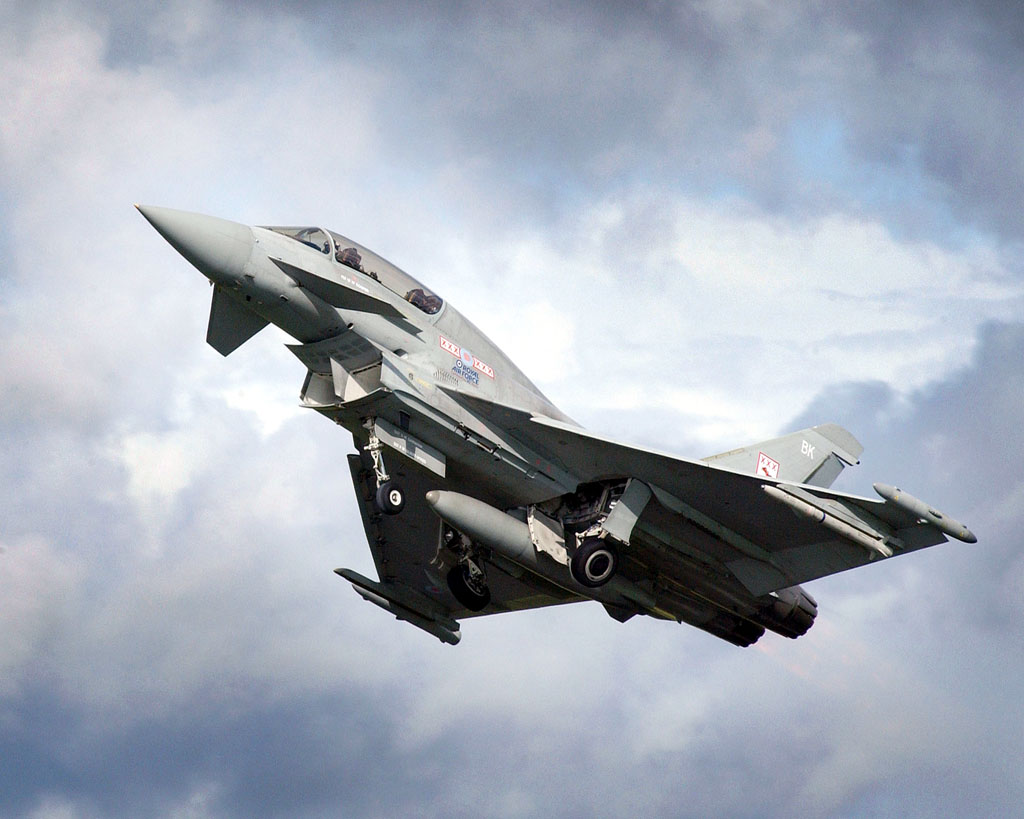The EU wants to reflect on the use of armed private guards. Finally !
(BRUSSELS2) The affair of the military and Indian sailors goes back to the highest level. EU High Representative Catherine Ashton today met Italian Prime Minister Mario Monti. At the heart of the discussions: the latest European contacts with the Indian authorities, to try to unblock the situation of the Italian soldiers held in prison in India (suspected of having killed 2 fishermen by mistake).
EU-India cooperation on piracy
To avoid giving the impression that there is a problem, it is around the " cooperation between the European Union and India on piracy that the conversation has officially taken place. And we see a possible way out, through a joint declaration by the two parties (EU - India) affirming their desire to cooperate on regulation of armed private security guards in the context of the International Maritime Organization”. On the specific case of the Italian military, the High Representative wants "keep in close contact" so much with the "Indian authorities" than with the Italians. to follow the file. "We want this case to be resolved as quickly as possible."
A new regulation with imprecise content
Little is known about the new regulations. "It's a new concept" confessed the spokeswoman for C. Ashton when questioned by the press during the daily midday briefing (March 13). “The principle would be to be able to authorize armed guards on board sensitive cargo ships. (...) (Corn) We are at the principle stage. For this principle to be recognised, a legal basis is needed. And we want this to be done internationally, from the International Maritime Organization ». The established rules could be inspired by what is practiced as part of the Eunavfor Atalanta operation. We have a similar concept, which was recently introduced, allowing to have military on board certain ships (civilian, PAM). And it works perfectly ».
Comment: the end of DIY
Finally ! you might say. After four years of the presence of piracy in the Gulf of Aden and the Indian Ocean, it is perhaps not too early for us to consider the consequences of armed guards on board, or soldiers, merchant ships. .
First of all, let's note that this option of integrating the on-board protection teams within the framework of the Eunavfor Atalanta operation had been considered for a while, three years ago, in particular for the fishermen who were in the Indian Ocean, but was rejected. As a result, each country did what it wanted. The French chose an option of marines aboard the tuna boats; the Spaniards took the option of strictly supervised private guards. Germany has refused, for the moment, the option of private guards on board merchant ships flying its flag (neither military nor private guards). The Netherlands has refused legislation on private guards but makes soldiers available. The United Kingdom did not want to deploy military on board these ships and allows private guards, as does Greece, etc...
In fact, each State has invented, for the needs, ad hoc rules, with a rather shaky international foundation, and not very tenable in fact. The Indian affair revealed it. Nothing prevents a State from exercising its sovereignty with regard to armed men who cross its territorial waters. The use of private guards was finally included in the guide to good practices in the face of piracy. But without really settling any of the problems that could arise (responsibility, use and stock of weapons, etc.). The European Commission, once involved (4 years ago), has given up on legislating on anything, for obscure reasons (which I find it hard to explain myself!). A mistake ...
To get back to work, any leads?
Now is the time to get back to basics by establishing rules of use for private guards but distinguishing them from those of soldiers exercising public power. The rules for some cannot automatically be the same rules for others. The confusion fueled by the EU High Representative is neither accurate, nor good, nor desirable. It is necessary to specify all the rules from the departure to the quay until the arrival. We will not have to wait for the IMO, otherwise in three years we will still be at the same point (provisional guidelines have been adopted, but they are still very partial: read L'IMO lays down the conditions of employment of private guards on board).
It may be necessary to have a dual approach: community and international and not just one. At European level, we need a harmonized system for the approval of private companies (conditions of use, insurance, rules of liability vis-à-vis the shipowner, the captain, control, etc.), even if it means supplementing them then by international rules. At the international level, a system is needed to authorize the presence of weapons on board, in particular when passing through territorial waters or when arriving in ports. On this point, we could draw inspiration from the agreements made with the Seychelles for Spanish tuna boats.
Finally, the military EPE/VPD should be integrated into the Eunavfor Atalanta operation, to allow a more coherent (and economical) use of all forces and the application of the same rules of engagement (warning shots, warning shots, ...). It would not be inconsistent to see Italian VPDs protecting a French or Dutch ship, and vice versa. Estonian VPDs are already in use on WFP ships. And African VPDs on those of AMISOM.
Read also:
- The issue of VPDs, is it urgent to regulate?
- Italian soldiers imprisoned in India: the EU ready to help for a solution
